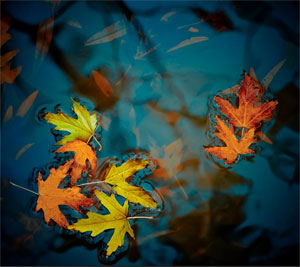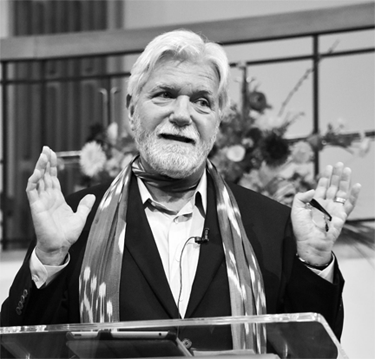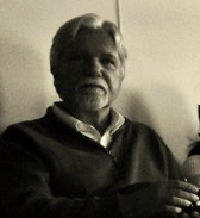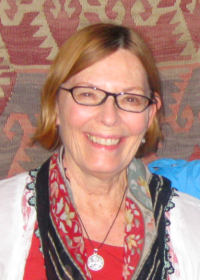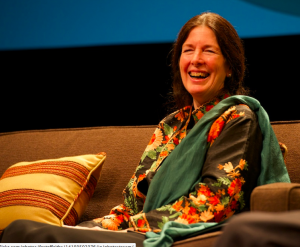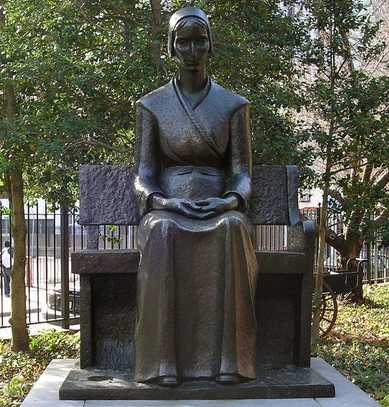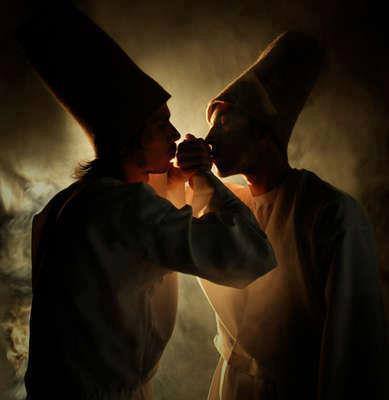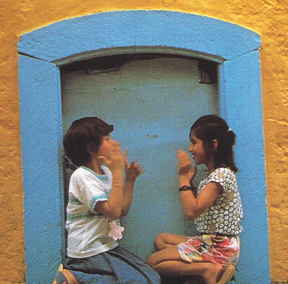Selfless Striving
September's Theme. The mystics endeavor to make Him their companion in all their spiritual states, insofar as they are able. When God discerns that attitude in them, He is merciful by causing them to attend no longer to their own weakness or strength in whatever they undertake or leave aside. Muhammad’s faith community is therefore characterized by liberality and ease…. This facilitation of every situation is made possible only through the contemplative vision of which I have spoken. ~Ibn Abbad of Ronda


